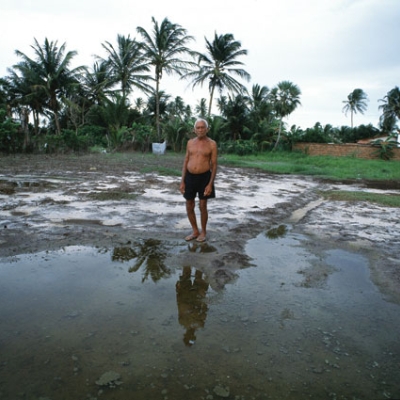
Escaping Climate Change? Not So Simple
By Alan Mallach / On December 7th, 2016
Trying to predict how different US cities will be affected by climate change is something like trying to predict the movement of a single molecule in a sea of Brownian motion. Not only are the direct impacts of climate change complex, and not limited to hotter temperatures and higher sea levels, but any prediction needs to take account not only the gradual unfolding of change over time, and the considerable adaptability of human beings and their institutions.






